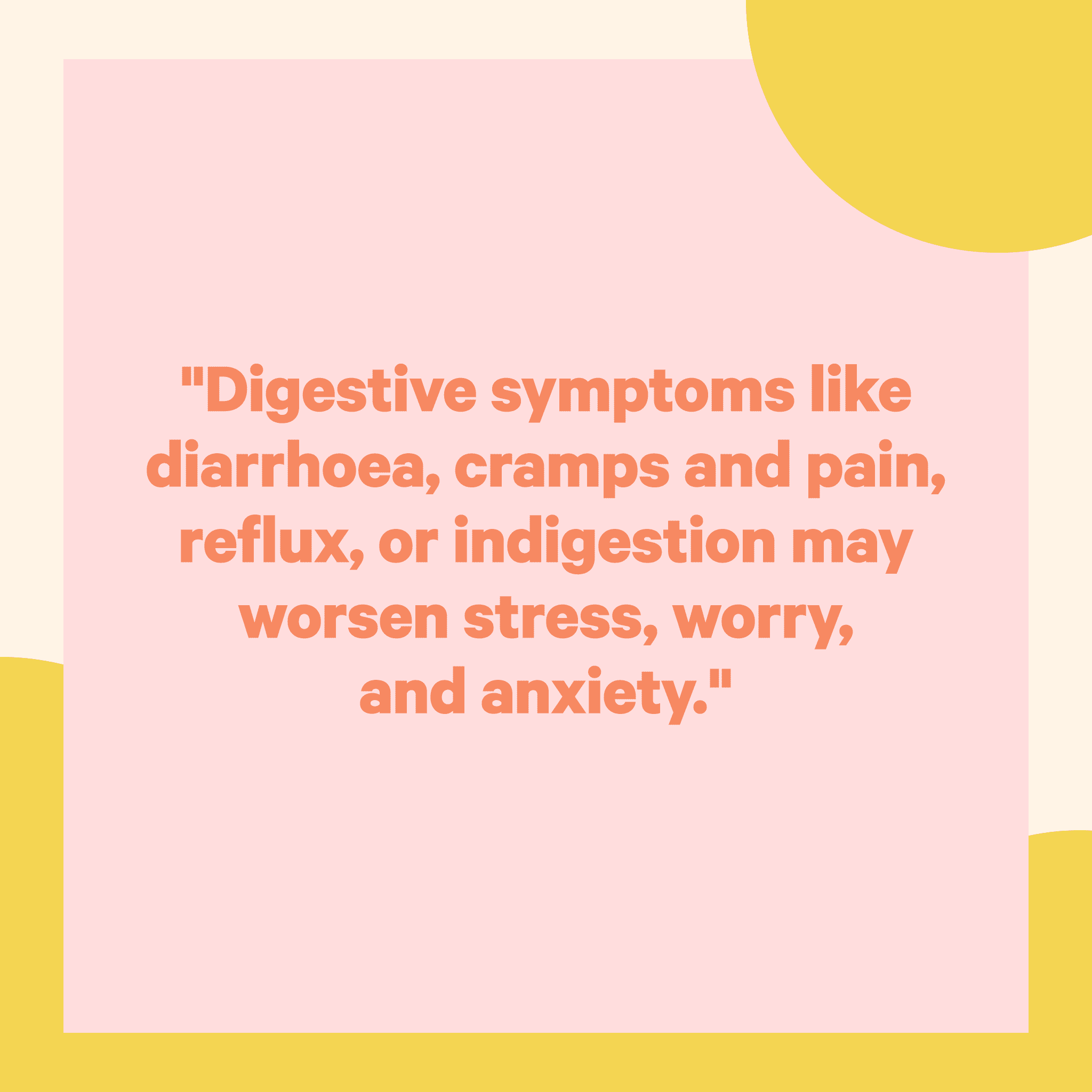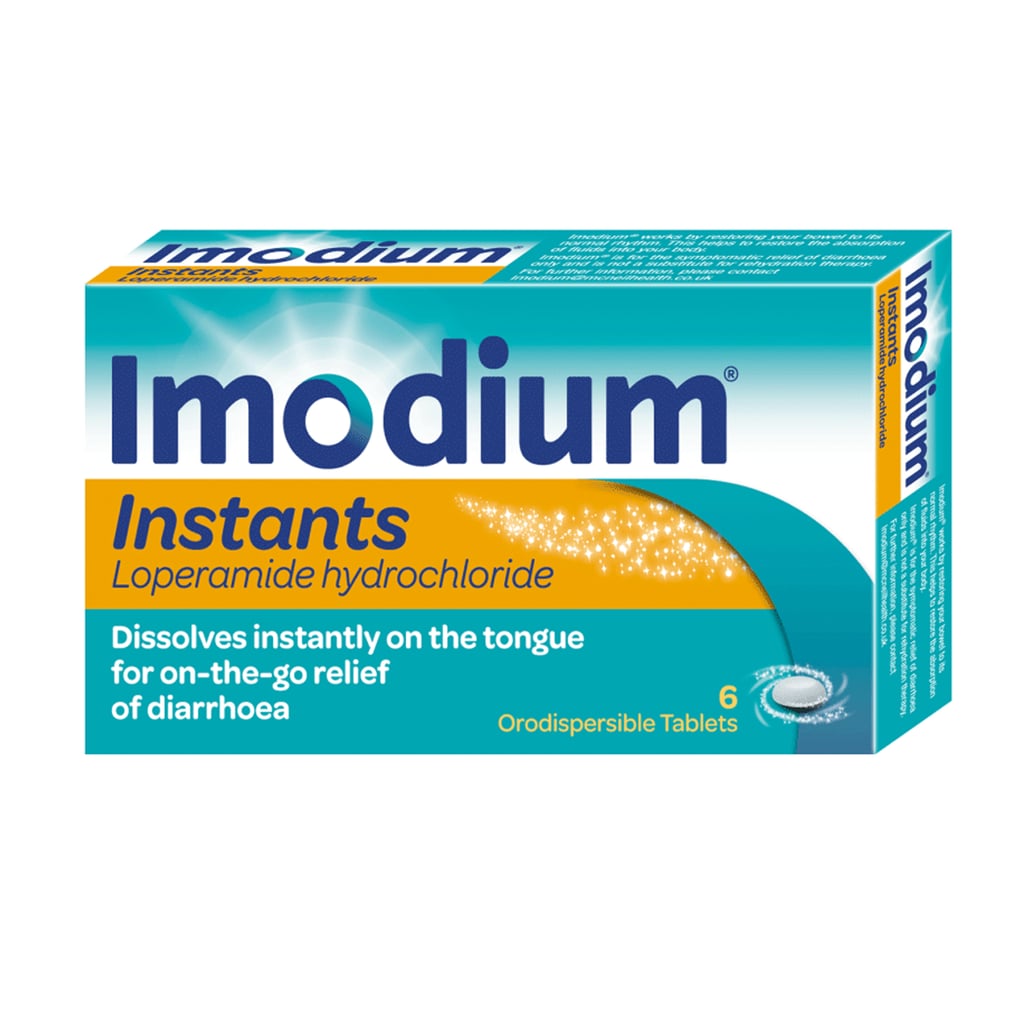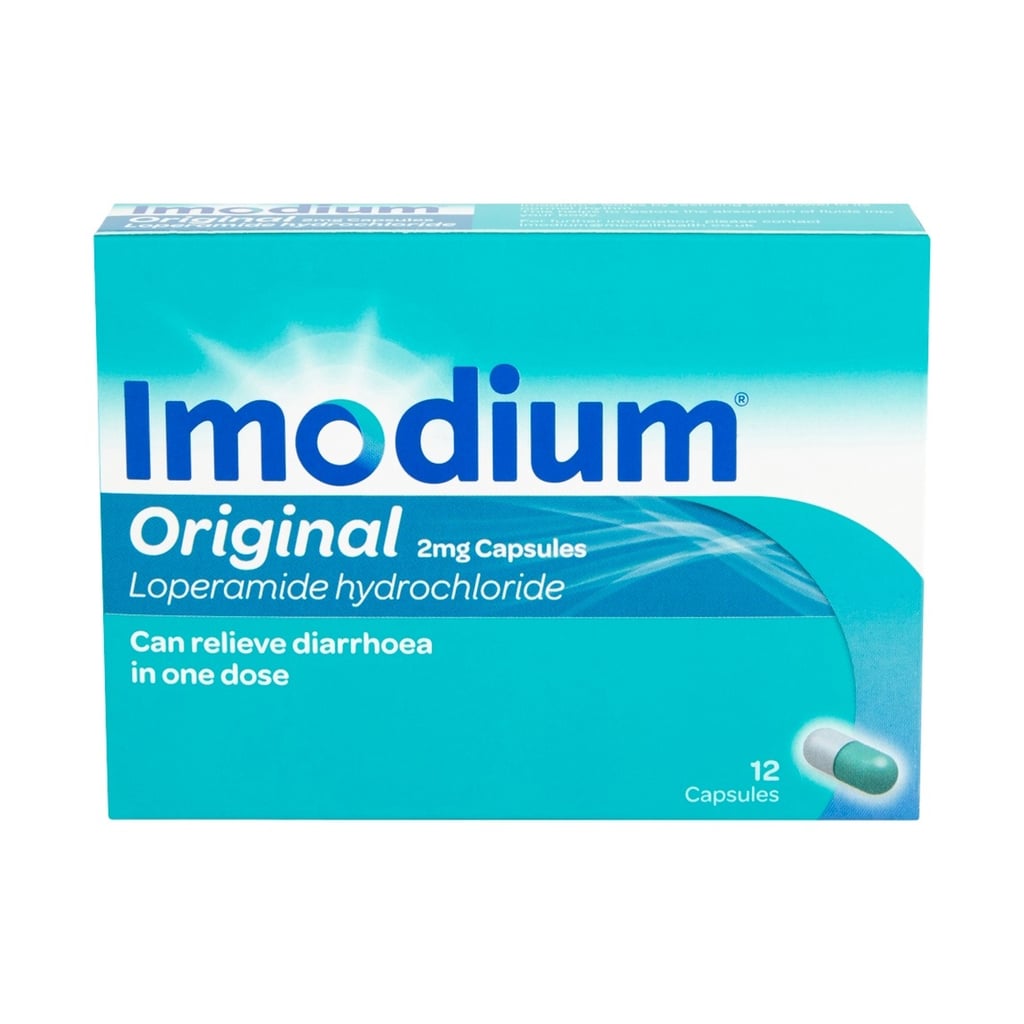
What You Need to Know About Gut Health From an Expert
What You Need to Know About Gut Health, According to an Expert

Anyone who's ever had a bout of indigestion knows just how much it can affect your overall feeling of wellness. Gut health encompasses more than just an upset stomach, though.
"When people talk about the gut, they are actually referring to your entire gastrointestinal system," Alex Ruani*, a doctoral researcher in nutrition science education at University College London and the chief science educator at The Health Sciences Academy, explained. Needless to say, gut health is hugely important to your well-being. Read on to find out some more useful information about gut health, including what you can do to promote proper digestion.
Gut health has become quite a buzzword in the health world recently, but what do experts really mean by the phrase? Ruani said that gut health doesn't just refer to "the optimal function of our digestive system, with no pain and no adverse symptoms, but also to all other aspects of our health which may be impacted from poor digestion or issues in our gastrointestinal tract."
In other words, gut health may play a key role in overall health and wellness. Ruani said that a healthy gut may also help regulate immune function, stress levels, and even sleep.
For many people, digestive issues are the first sign that something is not quite right with their gut health. "If our gut is not functioning optimally, we may experience one or more adverse digestive symptoms, including diarrhoea, constipation, reflux, feeling bloated in the abdominal area after eating, stomach discomfort, abdominal pain, gastrointestinal cramps, and many others," Ruani said.
Those digestive symptoms can also affect mental health — an association that many of us tend to ignore. "Digestive symptoms like diarrhoea, cramps and pain, reflux, or indigestion may worsen stress, worry, and anxiety," Ruani said.

If you're experiencing mild digestive issues, Ruani said there are a few lifestyle changes you can make. First, she suggested avoiding foods you suspect you might not tolerate. Sugary snacks, fatty foods, and alcohol are common triggers of digestive troubles. Pay close attention to how you feel after removing these foods from your diet. Ruani recommended keeping a food and symptoms diary to see if you notice any patterns, as well.
Second, examine the foods you've eliminated from your diet to see whether or not you might need to replace any nutrients from that food group. "Imagine if we eliminate our daily glass of milk, then we'd need to compensate for the missing nutrients we used to get from it, including vitamin D, omega 3, and calcium," Ruani explained.
The next step Ruani suggested was addressing any imbalances in your gut microbiome. Eating probiotic-rich foods like fermented vegetables and yoghurt, as well as fibre-rich foods such as whole grains and fresh vegetables, can help keep the microbes in our guts happy. Ruani also noted that eating a healthy, balanced diet overall promotes gut health.
Of course, you can also treat your digestive symptoms when they occur. With any over-the-counter medication, Ruani noted that it's always important to read the medicine leaflet carefully and follow all instructions.
Though you can certainly make changes to your lifestyle to promote gut health, Ruani said professional medical care might be required to treat more severe symptoms. She encouraged anyone experiencing extreme symptoms or symptoms that don't go away to see a medical professional as soon as possible.
Additionally, she noted that it's important to pay close attention to any changes in your health. "If you notice another symptom emerging or your current symptoms continue or worsen, the next step is to make an appointment with your doctor or a gastroenterologist as soon as possible," Ruani said. Remember your food and symptom diary? Share it with your doctor to see if it might shed some light on your case.
Since gut health may effect your overall well-being — from your immune system to your digestion to your stress levels — taking proper care of your gut is key, Ruani said. If something doesn't feel right to you, make an appointment with your doctor right away.
Shop IMODIUM®
*Experts quoted in this article do not endorse any medical brands or products.

